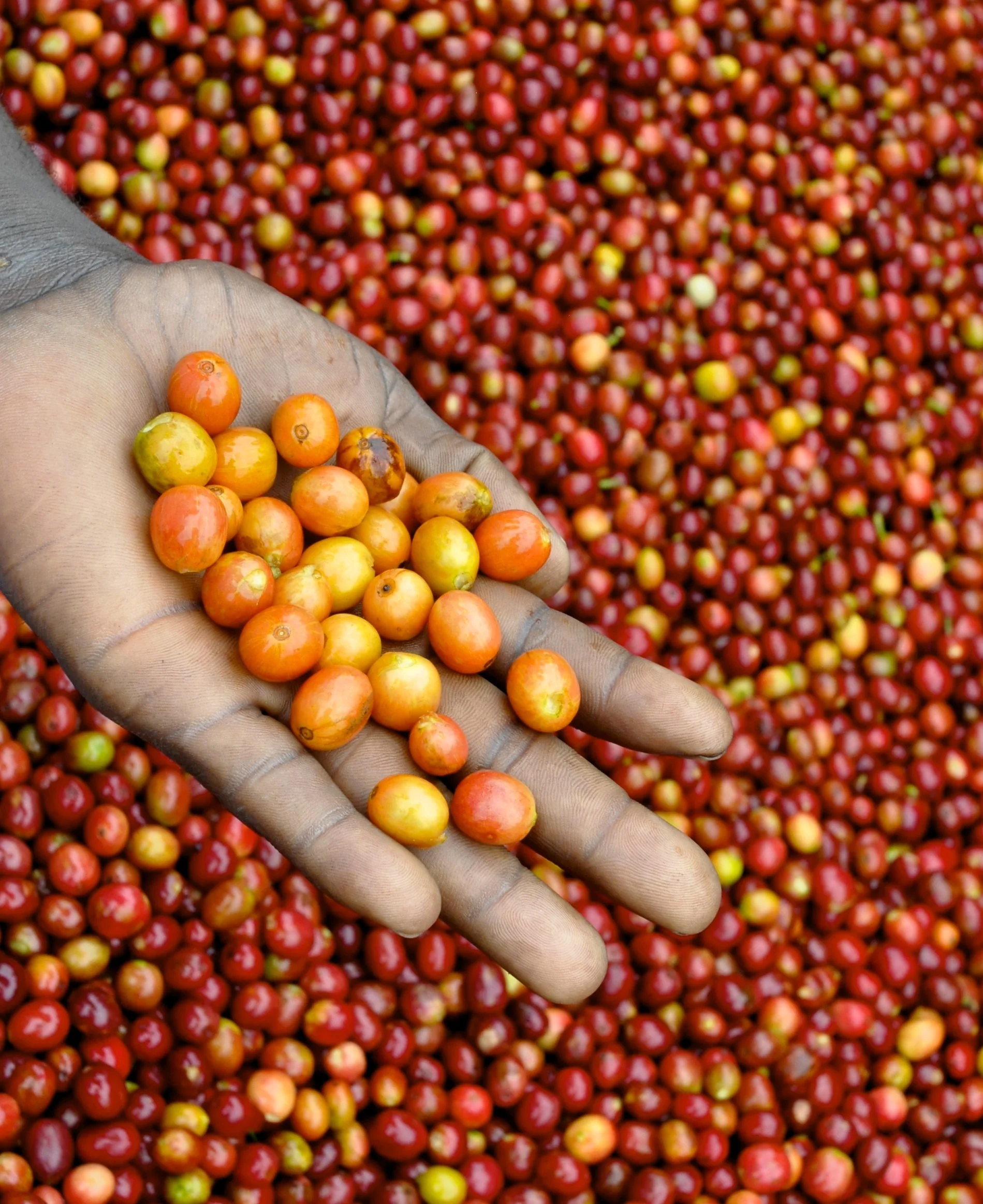We are excited to announce that we have officially decided to team up with Enveritas!
Together, our aim is to connect the coffee community and radicalize the value chain- building a greater value for the coffee farmer, coffee roaster, and coffee enthusiast alike.
Currently, the demand for sustainable coffee is growing, and there is a steady rise of interest in transparently traded by coffee lovers everywhere. But this isn’t just a trend or fad… sustainable coffee is here to stay. However, many coffee farmers are excluded from the high-valued sustainable markets, as the verification process – which considers things like soil conservation, child labour, minimum wage etc.- can reach high price points.
Enveritas seeks to change that. The nonprofit, which recently completed Y Combinator’s accelerator program, uses geospatial analysis to make the process more efficient, enabling it to offer free verification to smallholder farm. They use insights from new sources of external data to help coffee farmers in remote locations verify whether their coffee beans are being grown using sustainable labour and eco-friendly practices. Thus enabling producers, buyers and traders to have genuine conversations and a better understanding of challenges in the supply chain.
Enveritas’ goal is to end poverty in the coffee industry by 2030. Before founding Enveritas in 2016, CEO David Browning worked at TechnoServe for 13 years, a nonprofit that serves businesses in developing economies. Browning led TechnoServe’s global coffee practice and also partnered with the Gates Foundation to work with roughly 200,000 coffee farmers in Eastern Africa. He has been a trusted advisor for many of the world’s leading coffee companies on sustainability strategy, and also formerly worked for McKinsey & Company. Browning views the existing challenges as an opportunity to use machine learning and artificial intelligence to design a solution that works for companies and smallholder coffee farmers.
Enveritas checks that each farmer meets a set of 30 standards, which it divides into three categories: social, environmental and economic. “Social” includes no child labor and workers’ rights; “environmental” checks for problems like deforestation, pollution or banned pesticides; and “economic” covers minimum wages, ethical business practices and transparent pricing, among other standards.
The organization is now operating in 10 countries, including Uganda, Indonesia, Ethiopia, Nicaragua and Costa Rica, with the intent to grow into other markets.
“One of the advantages of this system is that it reduces the cost for coffee companies relative to the traditional pen and paper system, but it’s also simultaneously free for farmers. That’s one of the most compelling innovations, so it’s a win-win for both.” - David Browning
And a win-win for CCS. We believe that there is an enormous scope to explore and by harnessing this technology, we will strengthen ties within the coffee community while providing top-notch quality.
P.S. In tandem with this partnership, we are building the ultimate platform for coffee farmers and roasters to connect.
What are you waiting for? Join our community pre-launch here!

